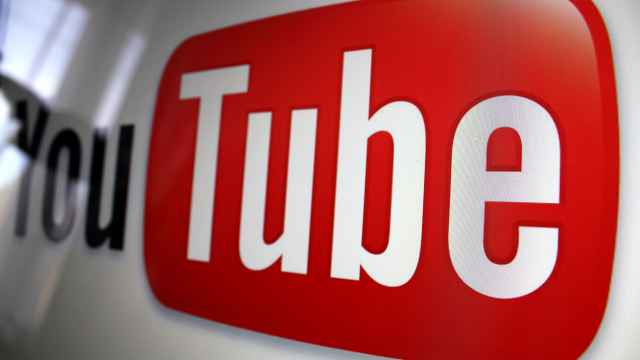For the past two weeks, people across Russia have been reporting problems accessing Google Meet, the latest platform to face disruptions as the government pushes its own “super-app” called Max.
Multiple Russians told The Moscow Times that they have been unable to connect to the video call service altogether or that calls cut in and out.
When The Moscow Times tried to call several people inside Russia on Google Meet, a “No Internet” message appeared. However, the problem was easily fixed when the person in Russia turned on a VPN.
According to the internet rights group Roscomsvoboda, some users have reported that the Google Meet interface loads, but calls produce no sound or picture and then drop. A young woman in Moscow described a similar problem to The Moscow Times.
Multiple people, including a therapist who holds sessions with her clients online, said they were moving to alternative platforms for making video calls, like Microsoft Teams and Yandex Telemost.
While the precise scale of the disruption is difficult to gauge, data from the outage tracker DownDetector and surveys by independent media outlets suggest the problems are extensive, though not a total blockade, as some users continue to access Google Meet without issue.
Google Meet climbed to second place among the most-downloaded free communication apps in the Russian App Store last month following reports that the authorities were restricting calls on WhatsApp and Telegram, both popular messaging platforms in Russia.
Russia’s state communications watchdog Roskomnadzor later confirmed it was throttling the two apps, defending the move as an anti-fraud measure to protect citizens. However, it has denied restricting access to Google Meet.
When reports of problems with Google Meet first emerged last month, Google said it was aware of the issues but insisted they were not due to any technical problems on its end.
The timing of the disruptions has fueled speculation that they are part of a broader campaign to promote Max, a state-backed “super-app” launched in March that offers messaging, payments and government services.
The app has grown rapidly, claiming over 18 million registered accounts, up from one million in June. Its adoption has been bolstered by paid celebrity endorsements and its mandatory use in schools.
Kremlin spokesman Dmitry Peskov on Friday dismissed suggestions that the government was trying to push foreign apps out of the market as it promotes the state-backed app.
“Max can’t develop without competition,” he told reporters. “Max has become a cutting-edge service that millions of our citizens want to download, and it should be constantly evolving… so, there should be competitors.”
Ned Garvey contributed reporting.
A Message from The Moscow Times:
Dear readers,
We are facing unprecedented challenges. Russia's Prosecutor General's Office has designated The Moscow Times as an "undesirable" organization, criminalizing our work and putting our staff at risk of prosecution. This follows our earlier unjust labeling as a "foreign agent."
These actions are direct attempts to silence independent journalism in Russia. The authorities claim our work "discredits the decisions of the Russian leadership." We see things differently: we strive to provide accurate, unbiased reporting on Russia.
We, the journalists of The Moscow Times, refuse to be silenced. But to continue our work, we need your help.
Your support, no matter how small, makes a world of difference. If you can, please support us monthly starting from just $2. It's quick to set up, and every contribution makes a significant impact.
By supporting The Moscow Times, you're defending open, independent journalism in the face of repression. Thank you for standing with us.
Remind me later.







